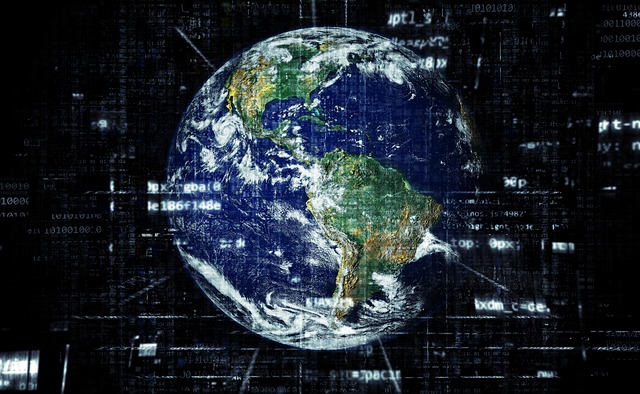# Unveiling AI Technology: How Intelligent Systems Are Revolutionizing Our Daily Lives and Industries
Artificial Intelligence (AI) has transitioned from a theoretical concept to an integral part of our daily lives and various industries. This transformation is not just a fleeting trend; it represents a seismic shift in how we interact with technology and each other. By harnessing the power of machine learning, natural language processing, and data analytics, intelligent systems are reshaping our experiences and optimizing operations across sectors.
## The Daily Impact of AI on Individuals
Daily interactions with AI are often subtle yet profound. For instance, personal assistants like Siri, Alexa, and Google Assistant have become household names, streamlining tasks from setting reminders to controlling smart home devices. These virtual assistants utilize natural language processing to understand and respond to user queries, making technology more accessible and user-friendly. The convenience they offer has transformed how people manage their time and resources.
Moreover, social media platforms have integrated AI algorithms to curate content tailored to individual preferences. By analyzing user behavior, these algorithms predict what content will engage users most effectively, thereby enhancing the overall user experience. This personalization fosters a deeper connection between users and platforms, driving engagement and retention.
In addition to entertainment and convenience, AI is also making strides in health and wellness. Wearable devices equipped with AI capabilities can monitor vital signs, track physical activity, and even provide insights into sleep patterns. These innovations empower individuals to take charge of their health, enabling proactive decision-making and fostering a culture of wellness.
## Transforming Industries with Intelligent Systems
Industries across the globe are experiencing unprecedented changes due to the integration of AI technologies. In the realm of healthcare, for example, AI-driven diagnostic tools are revolutionizing patient care. Machine learning algorithms can analyze medical images with remarkable accuracy, assisting radiologists in identifying conditions like tumors or fractures more swiftly than ever before. This not only enhances diagnostic precision but also enables earlier interventions, ultimately saving lives.
Additionally, the manufacturing sector is undergoing a transformation with the adoption of AI-powered automation. Smart factories leverage AI to optimize production processes, reduce waste, and improve quality control. Predictive maintenance, powered by AI, allows manufacturers to anticipate equipment failures before they occur, minimizing downtime and maximizing efficiency. As a result, companies can achieve higher productivity levels while reducing operational costs.
Retail is another industry witnessing the profound impact of AI. E-commerce platforms utilize AI algorithms to analyze consumer behavior, enabling personalized shopping experiences. Recommendations based on past purchases and browsing history enhance customer satisfaction and drive sales. Furthermore, AI chatbots are revolutionizing customer service by providing instant assistance and resolving queries around the clock, improving overall customer engagement.
## Ethical Considerations and Future Prospects
While the benefits of AI are substantial, ethical considerations must be addressed as these technologies become more pervasive. Concerns about data privacy, algorithmic bias, and job displacement are at the forefront of discussions surrounding AI’s future. The collection and analysis of vast amounts of personal data raise questions about consent and ownership, necessitating robust frameworks to protect individuals’ rights.
Moreover, the potential for AI systems to perpetuate biases present in training data poses significant challenges. If not carefully monitored, AI algorithms may inadvertently reinforce societal inequalities, leading to unfair outcomes in areas such as hiring, lending, and law enforcement. It is essential for developers and organizations to prioritize fairness, transparency, and accountability in AI deployment.
Looking ahead, the future of AI is filled with possibilities. As technology continues to advance, we can expect even more sophisticated applications that enhance our daily lives and drive industrial innovation. The integration of AI with other emerging technologies, such as the Internet of Things (IoT) and blockchain, will likely create new opportunities for efficiency and collaboration across sectors.
In conclusion, the unveiling of AI technology marks a pivotal moment in our society, fundamentally altering how we live and work. From enhancing personal convenience to driving industrial efficiency, intelligent systems are reshaping our world in ways previously unimaginable. As we navigate this transformative landscape, it is crucial to remain vigilant about the ethical implications and ensure that AI serves as a force for good, fostering innovation while respecting individual rights and societal values.











